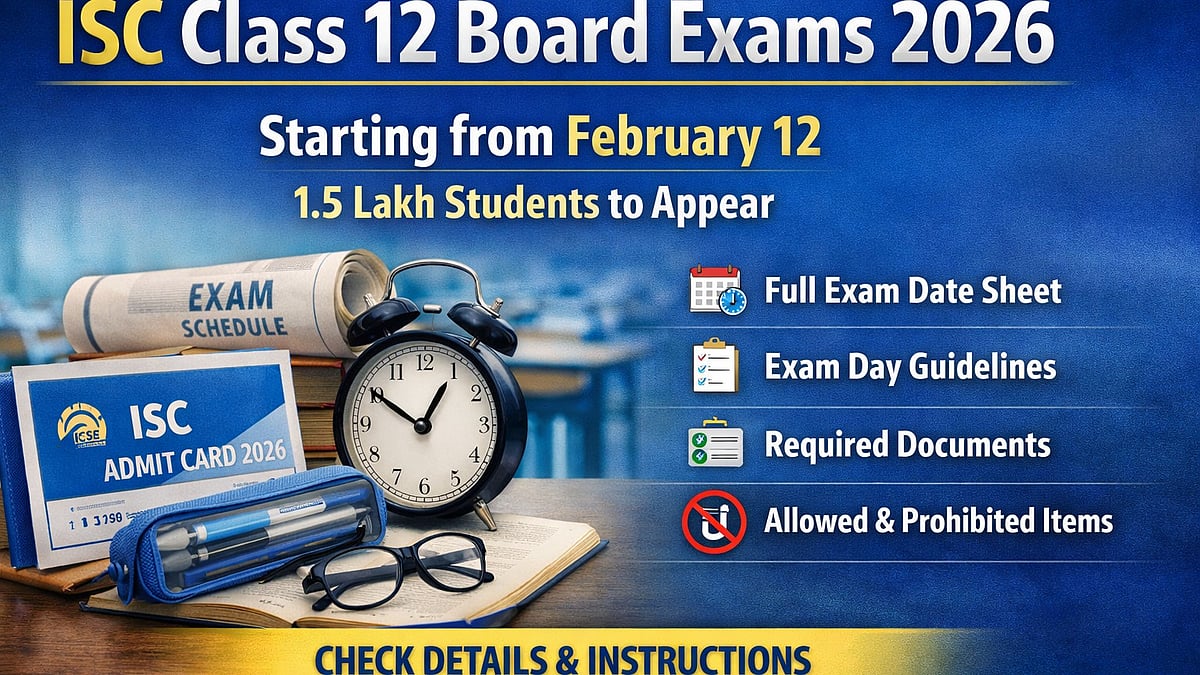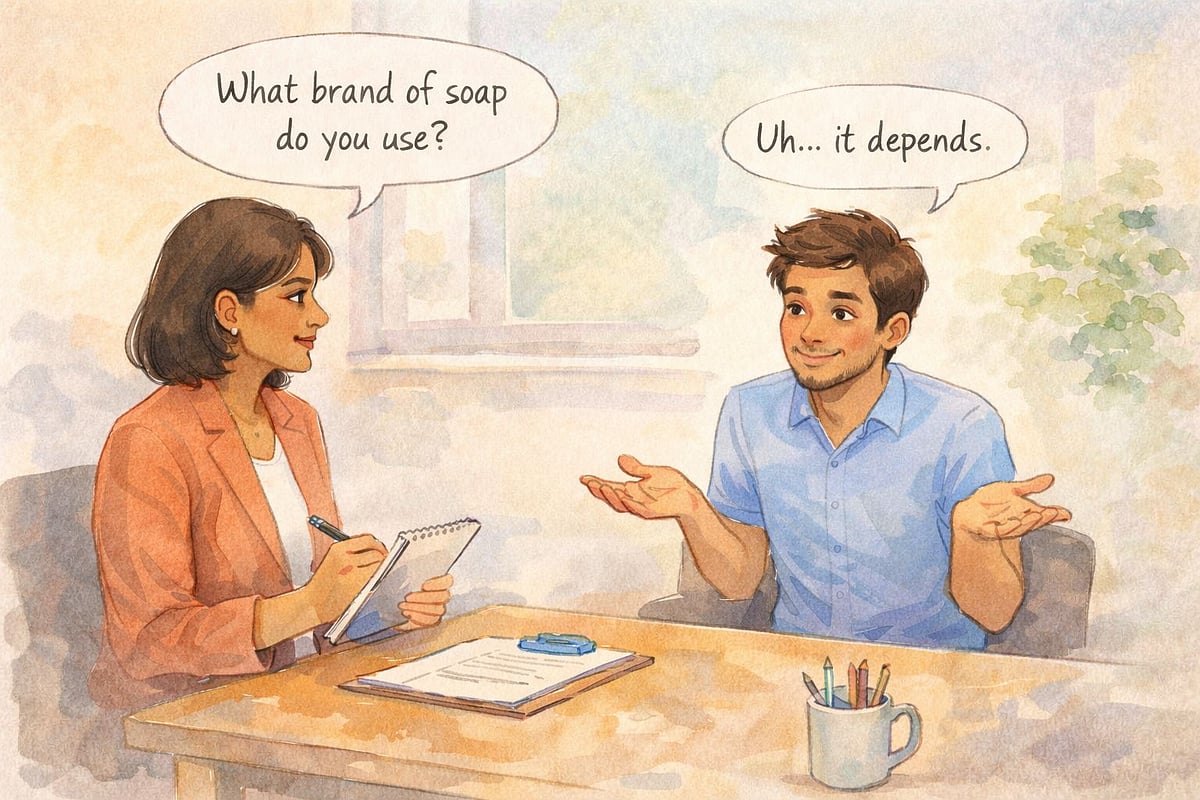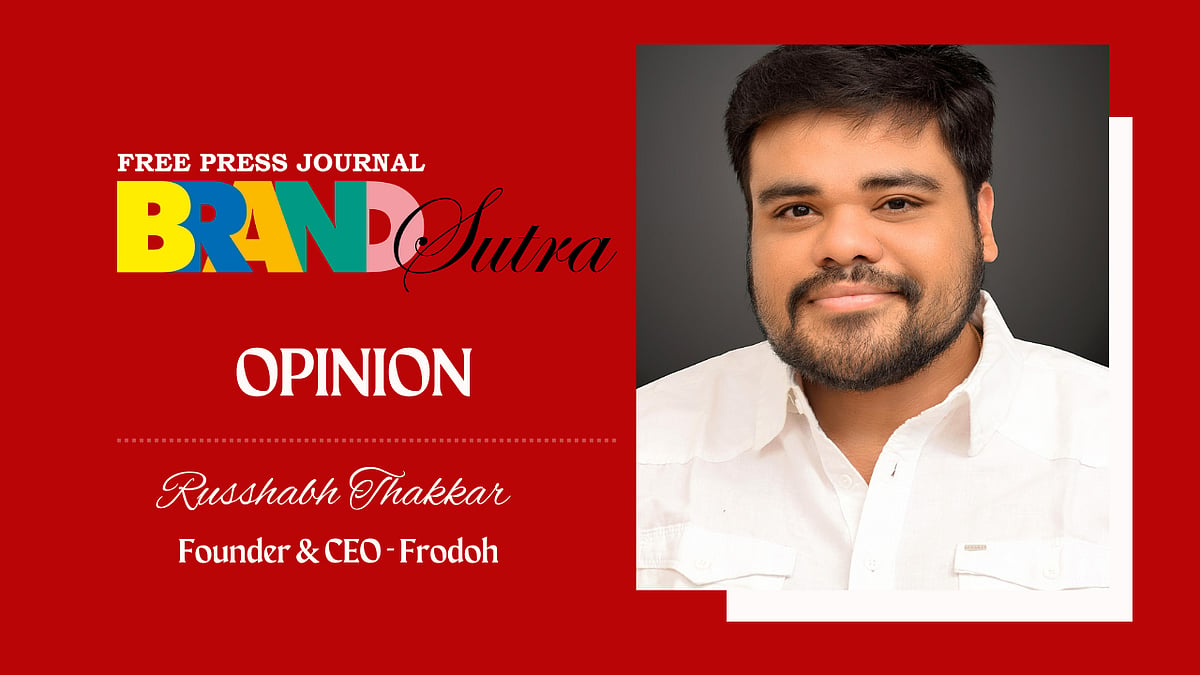It was in 2013 when Oreo put out on social media a post that was inspired by a power blackout across America. The tweet became the most memorable across all advertising that was released for Superbowl that year.
Since then, what’s called ‘Moment Marketing’ has become the standard for almost all brands. I have no idea who coined the word and why it has become so big. Perhaps, the social media aggregation sites have had a hand to play in this popularity.

This year, some brands are in trouble over moment marketing posts created by their counterparts in Pakistan. Hyundai, Kia, Pizza Hut, KFC have all landed in trouble in India for a post created by their counterparts in Pakistan. All these brands have been issuing apologies for something they didn’t do. In a connected world, the action of one brand in any geography is neither insulated, nor hidden.

The repercussion of the social media posts has been so high that the South Korean envoy to India was called by the Government of India to protest the action of Hyundai. I don’t recall an instance where one social media post of a brand in one country has created a diplomatic incident in another.
CAN MOMENTS BE LEVERAGED?
This is where brands need to question their desire for moment marketing. Can marketing be really done leveraging moments? Do they become something that drives following for brands or does it remain white noise?
Last year, when PV Sindhu won a medal at the Olympics, brands in India created a whole lot of social media posts in their zeal to outsmart rival brands. Many brands didn’t realize that Sindhu isn’t their brand ambassador and their creatives were not liked by her. She ended up suing a host of brands for using her name in an unauthorized way. This left all the brands who put out the posts look very silly in the consumer’s eyes.
Brands often stay away from politics; they by choice will not want to take political positions, but often moment marketing posts do fall in the category of being political. While sometimes the posts may pass off harmlessly (like congratulating the country for a massive achievement), it may not necessarily be so harmless, as brands discovered in the current incidence.
NEED TO PICK AND CHOOSE
This is what I recommend that brands should actively do: there is no reason to create posts around every moment that is listed in the social media calendar. Brands need to choose judiciously what works for each of them and what they should not comment on. There are brands that will have no relevance for Valentine’s Day, for Rakhi, and even for Gandhi Jayanti; so they should not attempt to join the noise around them.
Brands cannot be made relevant if they end up commenting on every subject that isn’t a part of their brand world, or else they will always be looking over their shoulders and getting ready to face the heat from those who were offended. Once the moment is gone, brands need not worry about them.
(The author is Co-founder and CSO, Bang in the Middle)









